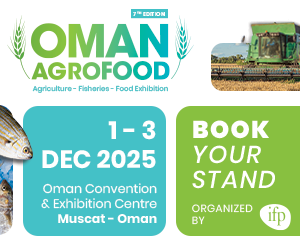Agriculture remains the economic backbone of many African nations, contributing significantly to GDP and employing the majority of the rural population. According to the World Bank, it is the single most promising sector for driving economic growth in developing countries.
With Africa’s population projected to reach 2.5 billion by 2050, demand for food will soar—creating both a vast consumer base and immense pressure on food systems. However, challenges like low productivity, climate change, soil degradation, post-harvest losses, and limited access to finance threaten the sector’s progress.
Science, technology, and innovation are key to overcoming these barriers. Emerging Next-Generation (NextGen) agricultural solutions offer tools to enhance productivity, minimize environmental harm, and build resilience. These include smart breeding, genome editing, and climate-smart crops that resist pests, tolerate drought, and reduce greenhouse gas emissions.
The African Agricultural Technology Foundation (AATF) and partners are already transforming African agriculture. Climate-resilient maize varieties like TEGO and TELA have improved yields and pest resistance. Bt cowpea, the world’s first genetically modified cowpea, drastically reduced the need for pesticides. A new cassava-processing innovation now turns roots into high-quality flour before spoilage, reducing waste and creating added value.
In parallel, regenerative agriculture is gaining traction, promoting soil and plant health while boosting biodiversity and water efficiency. Digital innovations—such as precision irrigation, satellite-guided farming, and mobile apps like Agridrive—are connecting farmers to markets and services, helping them adapt to climate risks and attract young talent into agriculture.
Still, the full potential of NextGen agriculture can only be unlocked through coordinated efforts. Governments, private sector actors, and development institutions must invest in supportive policies, infrastructure, and training to ensure that smallholder farmers can access these innovations.
With strategic scaling, Africa’s food and agriculture market could grow from USD 280 billion today to USD 1 trillion by 2030—unlocking a new era of food security, economic development, and environmental stewardship.
By Dr. Emmanuel Okogbenin, Director of Product Development and Commercialisation at AATF
Source: ktpress.rw



















































































